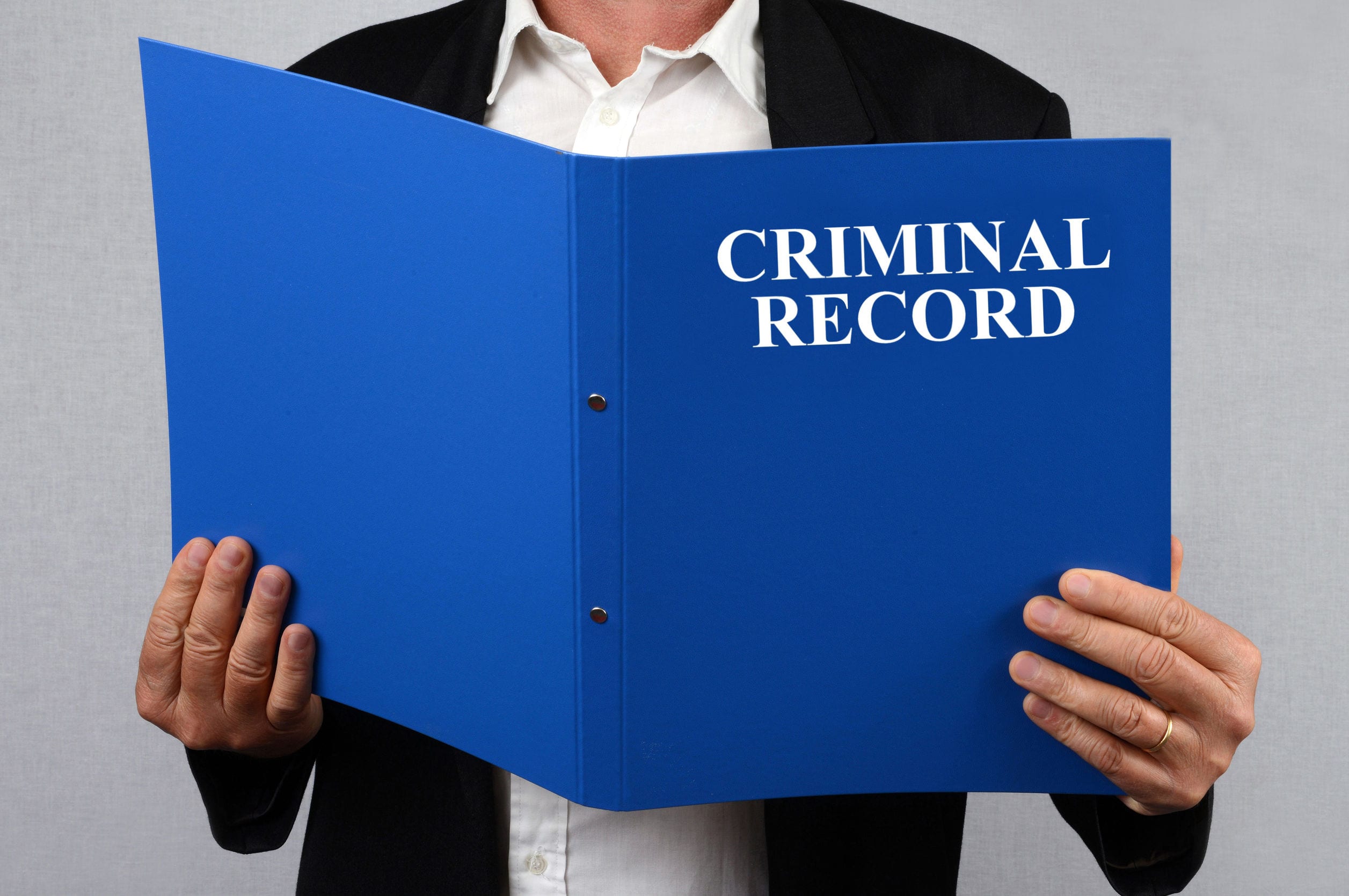- Home
- THE FIRM+
- Criminal Defense+
- CASE RESULTS
- AREAS WE SERVE+
- FAQ’s
- Blog
- Contact
AZHARI LLC BLOG

Posted By: Sami Azhari
Category:
The impact of being convicted of a crime doesn’t end after having paid your dues. A criminal record sticks with you long after the completion of your sentence, and it can affect your life in a variety of negative ways.
In this post, we will look at the cost of not clearing your Illinois criminal record, and why expunging or sealing your records is recommended.
Employment
The state of Illinois has adopted “ban the box” laws that impose regulations on the hiring process to make it fairer for those with criminal records. This act is known as “The Job Opportunities for Qualified Applicants Act” and focuses on highlighting a candidate’s skill set rather than their criminal history. However, many of these regulations apply only to private employers.
Moreover, it is important to note that employers can still inquire about criminal history once an applicant reaches a certain point in the hiring process. In addition, many employers will conduct background checks. The extent of these checks differs depending on the employer, but some can be very thorough.
Although having a criminal record may not preclude you from interviewing for a job, it can still have a huge effect on your ability to obtain a job. The vast majority of employers are not obligated to hire people with records, and many prefer not to. Beyond this, there are also certain jobs and professions that you will automatically be disqualified for if you have a felony conviction. As you might imagine, losing out on jobs – and even specific types of careers – can be incredibly costly.
It is important to recognize your rights and understand that you are not required to volunteer any criminal history if the employer did not ask. Furthermore, if the record has been expunged, the employer cannot ask about it. However, lying about a criminal record can be grounds for termination if discovered.
Revoked Rights/Privileges
Having a criminal record can restrict your civil liberties. Every state is subject to their own laws (as well as federal laws) in terms of what rights are restricted. Some of the potential consequences in Illinois are as follows:
- Loss of gun ownership rights
- Loss of voting rights while incarcerated, on probation, or on parole
- Child custody rights may be revoked, especially if the crime involved violent acts of domestic abuse
- Loss of driving privileges
- Limitations to travel – depending on the crime and destination, a criminal history may bar you from travel
- Immigrants convicted of serious crimes may face deportation even if they are Green Card holders
Housing
Landlords often run criminal background checks on potential tenants and if criminal history is found, applicants may be rejected outright. Alternatively, sometimes they may be charged inflated prices if the landlord discovers they have a record.
Beyond the literal extra cost of paying inflated rent prices, those who cannot find reasonable housing where they want may have to travel farther to work, stores, and so on. If they have children, they may be affected by going to lower-quality schools.
Loans
Having a criminal record may impact an individual’s ability to obtain a loan depending on the circumstances of the crime. If the bank flags an individual as a high risk, they may be rejected altogether.
Psychological Impact
Having a criminal record can also cause psychological damage to an individual. A record can damage your reputation and cause others to view you in a negative light. The social stigma surrounding a “convict” may cause you to be discriminated against or ostracized by society.
In addition, if you were incarcerated as part of your sentence, it may become even harder for you to re-adjust to society. Four common changes in convicts include:
Social-Isolation
Since prisons are so dangerous, prisoners adopt behaviors that can cause them to become socially isolated after they are released.
Emotional Distancing
Emotions can be seen as a weakness in prison and many inmates learn to distance themselves from their feelings as a result. This may affect an individual’s ability to build a relationship with others after they are released.
Remorse and Reintegration
Many convicted criminals show remorse for their crimes. Research shows that criminals who are are genuinely apologetic and trying to make amends for their crimes have a lower chance of committing additional crimes after release than those who did not.
This sounds great, but if you can’t get a job or housing due to your record, it can eventually lead to a return to crime out of desperation and frustration.
Post-Traumatic Stress Disorder (PTSD)
Criminals can experience various symptoms of PTSD after being released. These overwhelming emotions can affect an individual’s ability to reintegrate into society and lead a productive life.
Although expunging or sealing criminal records won’t automatically fix these psychological impacts, severing the link that connects you to your crimes can have a powerful and positive psychological effect.
Expungement and Record Sealing in Illinois
The state of Illinois provides two different options for addressing a criminal record, which we have detailed here. In short, expungement refers to the destruction or return of all files related to a case, and record sealing refers to the “sealing” of the files so that they are not accessible to employers and public entities.
Although expungement is clearly the more thorough of the two options, not every crime qualifies to be expunged. Thankfully, two bills were passed in 2017 that make applying for expungement more accessible and applicable.
Regardless of whether a criminal record is expunged or sealed, taking some form of action is recommended since having a record can have serious consequences.
About the Author
Sami Azhari has been working as a lawyer since 2007, after receiving his Juris Doctor from the Michigan State University College of Law. He has handled numerous state and federal cases, and is known throughout the Chicago and Rolling Meadows area for providing his clients with high-quality, skilled representation. He has been recognized by SuperLawyers, the National Trial Lawyers Association, and other notable organizations, and has spoken at a number of legal conferences.



























































